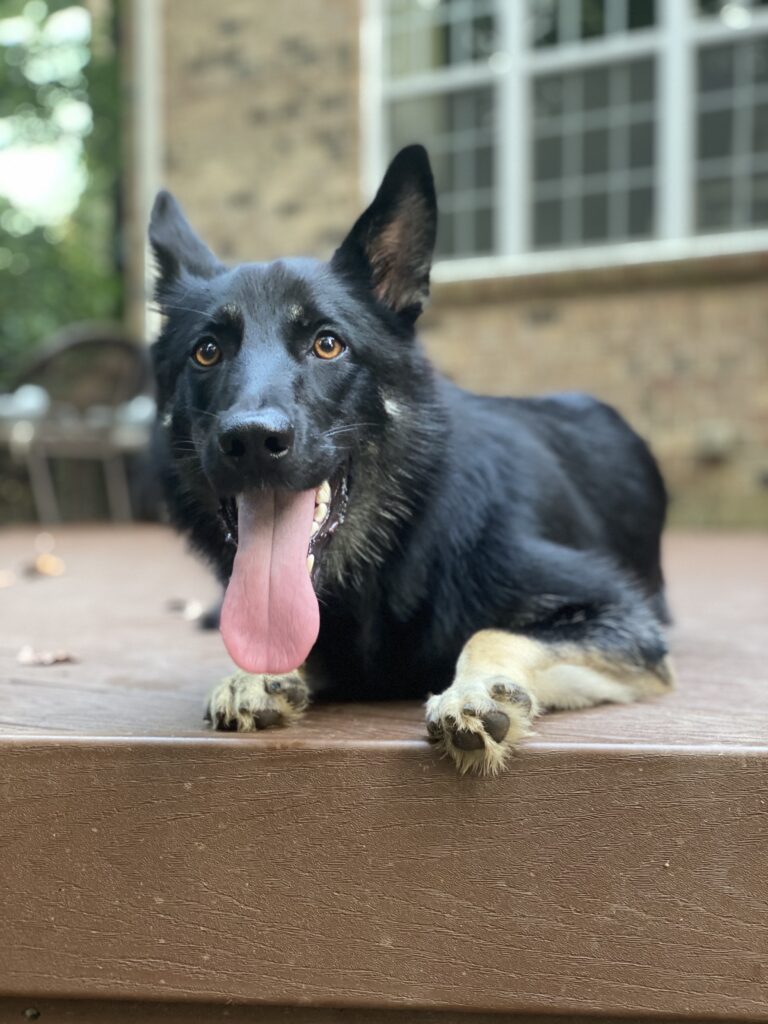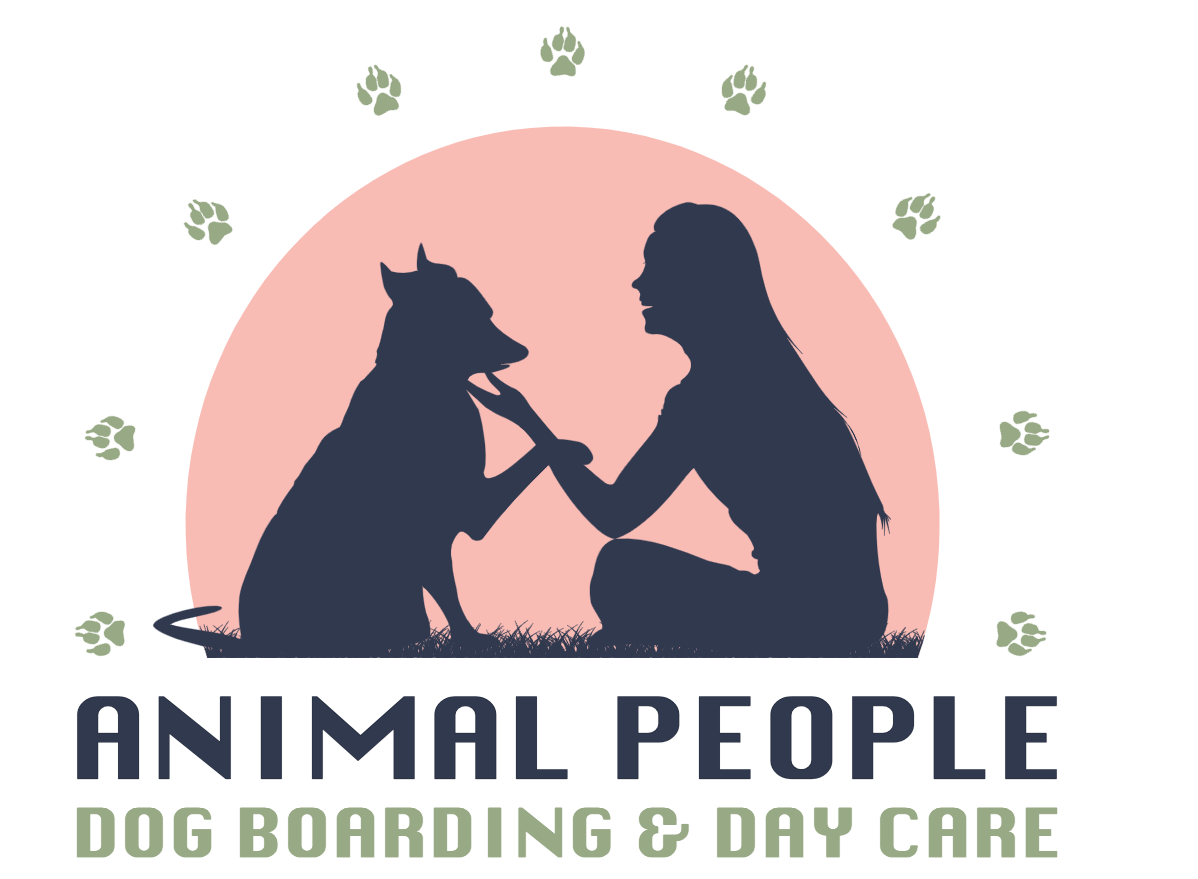Why Some Dogs are Skipping Daycare—and What It Says About Their Personality

Not every dog is excited to head off to daycare—and that might actually tell us more about their personality than you think. Some pups love the social scene, while others prefer the peace and quiet of home. It turns out, skipping daycare isn’t just about being picky—it’s a reflection of how they handle new environments, interact with other dogs, and even their emotional needs.
Every dog is different, and their choice to stay home or go out speaks volumes about their unique temperament. If you’ve noticed your dog giving daycare the cold shoulder, it might be time to look closer at what that says about their personality.
How does a dog’s behavior change when avoiding daycare?
When dogs avoid daycare, their behavior can change in various ways, reflecting their discomfort or preference for solitude. For dogs that are more introverted or anxious, avoiding daycare may indicate that the environment is overwhelming.
These dogs may display signs of stress, such as whining, trembling, or avoiding social interactions with other dogs. They might retreat to quiet areas at home or in other safe spaces, where they feel more secure and in control. These behavioral changes highlight a need for a calmer, more predictable routine away from the chaos of daycare.
On the other hand, some dogs may change their behavior at home after skipping daycare, such as becoming more clingy or withdrawn. They may seek extra attention from their owners or appear more anxious than usual.
Suppose the dog avoids daycare due to overstimulation or lack of proper fit. In that case, they may exhibit symptoms like excessive barking, destructive behavior, or even a refusal to participate in activities they typically enjoy.
Understanding these behavioral changes helps owners identify whether daycare is the right option for their dog or if alternative care options, like one-on-one playtime or solo walks, would be more beneficial.
What personality traits might cause a dog to skip daycare?
Certain personality traits in dogs can make them more likely to skip daycare, as they may find the environment overwhelming or simply not enjoyable. Here are some traits that might cause a dog to skip daycare:
- Introversion: Dogs with introverted personalities tend to be more reserved and independent. They may not enjoy the constant interaction and high-energy environment of daycare and prefer solitude or quieter settings, like home.
- Anxiety: Dogs that are prone to anxiety may feel stressed in busy daycare environments. The noise, constant movement, and unfamiliar surroundings can trigger fear or unease, causing them to avoid daycare altogether.
- Sensitivity to Noise: Dogs particularly sensitive to loud noises, such as barking or other dogs’ sounds, may find daycare overstimulating. These dogs often prefer calmer, more controlled environments where they can relax without constant sensory input.
- Low Energy Levels: Some dogs simply don’t have the energy or desire for the physical activity and playtime typically offered at daycare. Dogs with a laid-back or low-energy temperament may not find daycare stimulating and would rather enjoy a slower pace of life.
- Resource Guarding: Dogs that tend to guard their space or resources, like food or toys, may struggle with the social dynamics in daycare. They might become stressed or possessive, making the experience unpleasant for them and others.
- Overstimulation: Some dogs are easily overstimulated by the excitement of other dogs and may feel overwhelmed by the constant play, interaction, and change of pace. These dogs may prefer the calm of a familiar environment.
Understanding a dog’s personality helps caregivers determine whether daycare is the right fit or if other care options, such as one-on-one playtime or solo walks, would better suit their needs.
Can skipping daycare indicate stress or discomfort in dogs?
Yes, skipping daycare can indicate stress or discomfort in dogs. While some dogs naturally prefer a quieter environment, refusal to attend daycare can be a sign that the dog is experiencing stress or anxiety. Here are some reasons why dogs might skip daycare due to stress or discomfort:
- Overstimulation: Daycare environments are often busy, noisy, and filled with dogs. For dogs who are sensitive to overstimulation, the constant activity can cause stress and discomfort. If a dog finds the environment too overwhelming, it may avoid going altogether.
- Separation Anxiety: Dogs with separation anxiety may feel stressed when separated from their owners. Daycare may exacerbate this anxiety, causing the dog to skip daycare as a way to avoid the emotional distress of being away from their familiar home environment.
- Fear of Other Dogs: Some dogs may feel intimidated or fearful of the other dogs in daycare. If they are not socialized properly or have had negative experiences with other dogs, they may avoid daycare to protect themselves from potential stressors or confrontations.
- Health Issues: Dogs feeling unwell or experiencing discomfort from an injury, illness, or physical condition may avoid daycare. The high-energy activities could exacerbate pain, leading them to refuse to attend.
- Lack of Proper Fit: If the daycare environment doesn’t suit the dog’s personality or energy levels, it might be skipped. Some dogs prefer more one-on-one attention, and daycare might not offer the calm or focused care they need.
Skipping daycare can indicate underlying stress or discomfort, and owners need to assess their dog’s behavior and well-being to ensure their needs are being met in a way that promotes their happiness and health.
How do different dog personalities respond to group environments?
Dogs have unique personalities that affect how they respond to group environments, such as daycare or parks where multiple dogs are present. Here’s how different dog personalities typically respond:
- Social Butterflies (Extroverted Dogs):
- Response: These dogs thrive in group settings. They are naturally social, enjoy interacting with other dogs, and are often eager to make new friends. They tend to be confident, playful, and outgoing in busy environments.
- Behavior: Social butterflies will likely approach other dogs curiously, engage in play, and be comfortable in active, crowded spaces.
- Independent Dogs (Introverted Dogs):
- Response: Independent dogs often prefer solitude and may be less interested in interacting with other dogs in group environments. They can find the noise and constant activity overwhelming and might retreat to a quiet corner.
- Behavior: They may avoid playtime, preferring to observe or find a secluded spot to relax, and are more likely to skip group settings altogether.
- Shy or Anxious Dogs:
- Response: Shy or anxious dogs can struggle in group environments due to fear of unfamiliar dogs or overwhelming stimuli like loud noises and sudden movements. These dogs may withdraw or display signs of stress, such as whining or trembling.
- Behavior: They may avoid interaction, stay close to a trusted person, or appear uncomfortable, sometimes hiding behind furniture or under tables.
- Dominant or Territorial Dogs:
- Response: Dominant dogs may assert their control over the group by becoming possessive of toys, food, or space. They could challenge other dogs in the group, trying to establish a hierarchy and creating tension in a group setting.
- Behavior: These dogs may not easily share attention or space with others and might become reactive if they feel their boundaries are being threatened.
- Passive Dogs:
- Response: Passive dogs are often calm and submissive in group environments, allowing other dogs to take the lead. They tend to avoid confrontation and may feel more comfortable following the social cues of more dominant or outgoing dogs.
- Behavior: They are generally peaceful and adaptable but may feel stressed or overlooked if the group dynamics are too chaotic.
- Energetic and Playful Dogs:
- Response: High-energy dogs love group environments, especially with ample space to run and play. They can handle the chaos of a group and enjoy engaging in active play with other dogs.
- Behavior: These dogs may chase, jump, or enthusiastically interact with other dogs, often becoming the center of attention in group play.
Dogs’ reactions to group environments are largely shaped by their personalities. Some dogs thrive in busy, social settings, while others may find them stressful or overwhelming. Understanding your dog’s personality can help you create a positive and supportive environment, whether they enjoy group play or prefer a more peaceful, one-on-one experience.
Find the Perfect Fit for Your Pup at Animal Dog Boarding & Day Care
Not every dog is cut out for daycare, and that’s okay. Just like people, dogs have their own personalities and preferences when it comes to socializing and spending time with others.
Whether your dog loves the group setting or prefers the comfort of home, understanding their unique needs will help you make the right choices for their well-being. It’s all about what makes them happiest and most comfortable, and that’s something worth considering before making any decisions.
At Animal Dog Boarding & Day Care, we understand that each dog is different. We’re here to help you find the best environment for your dog’s personality, whether they’re social butterflies or homebodies.
If you’re looking for a place where your dog can thrive, contact us today to learn more about our services and how we can cater to your dog’s needs. Your pup deserves the best care—and we’re here to make that happen!
